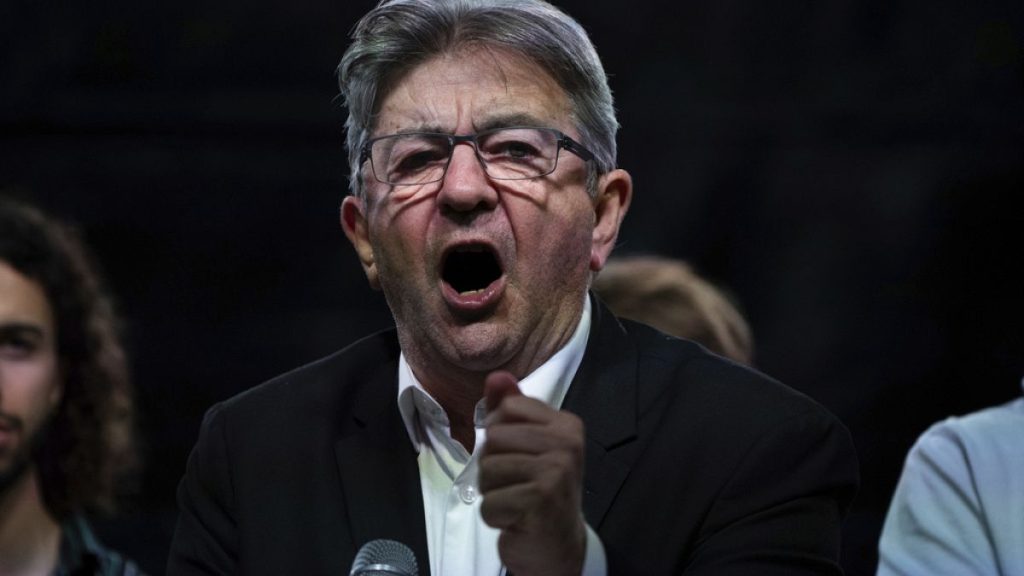The left-wing New Popular Front (NFP) coalition, which had promised to reach an agreement “by the end of the week”, now appears deeply divided and unable to find a middle ground.
Will the left-wing coalition that won the most seats in France’s parliamentary elections, the New Popular Front, finally agree on the name of the next prime minister?
A coalition of the far-left Indomitable France party, the Socialists, the Greens and the Communists is still fighting over who should lead a future government.
The Socialist Party announced on Monday evening that it had found a “common candidate from civil society” for the post of prime minister, which was endorsed by the Greens and Communists.
The name of Lawrence Tubiana, a driving force behind the 2015 Paris Climate Agreement, has been floated as a possible candidate for the role.
But the scholar has come under heavy criticism from the France Indefatigable party, which accuses him of being close to French President Emmanuel Macron.
“If this is the profile our partners are working on, I would fall off my chair,” said Manuel Bompard, national coordinator of France Indomitable.
“To me it’s not a serious proposition,” he said. During the interview It will be broadcast on French television station France 2 on Tuesday morning.
On Monday afternoon, the French Indefatigable Party Through a press release They have accused the Socialists of obstructing negotiations and have suspended talks until further notice.
On Saturday, the Socialists rejected the candidacy of former MP Huguette Bello, who had overwhelming support from the Communists and the Unbowed France party, infuriating both parties.
The first public meeting of the French National Assembly will be held this Thursday and the Left Coalition hopes to announce its candidate by then.
According to the French constitution, the president has the power to appoint whoever he wants as prime minister.
As a result, French President Emmanuel Macron Not mandatory Nominate someone from the NFP, which is the largest party.
But institutional logic requires that a prime minister-designate must garner enough support in parliament to avoid a vote of no confidence that would bring down the government.
Public finances: The Board of Audit sounds the alarm
In this tense political climate, the Board of Audit Annual Report He spoke about finances Monday morning.
In a report, France’s budget watchdog said the COVID-19 pandemic and inflation had left France’s finances in an “alarming situation.”
The Court of Auditors has warned that the situation could be exacerbated by post-election political uncertainty – a situation unprecedented in France’s modern history.
“It is clear that fiscal adjustment is needed in France and other highly indebted countries,” European Commissioner for Economic Affairs Paolo Gentiloni said on Monday ahead of a meeting of EU finance ministers in Brussels.
Ministers are due to spend two days discussing excessive deficit procedures for seven EU countries, including France.
“Of course, we are aware of the country’s institutional difficulties,” Paolo Gentiloni stressed, deciding that reducing the public deficit is “possible” and “necessary.”
France has exceeded its budget deficit cap of 3% of gross domestic product (GDP) for 2023.
France will now have to take corrective measures to comply with European Union budget rules.
However, some lawmakers in the NFP coalition have announced they will refuse to implement any austerity measures to comply with EU rules.


